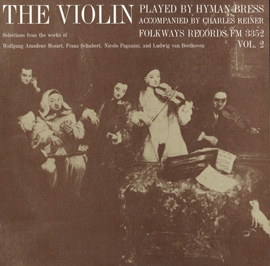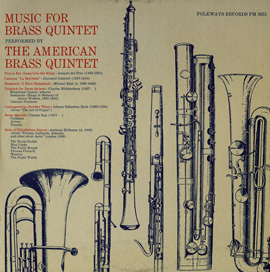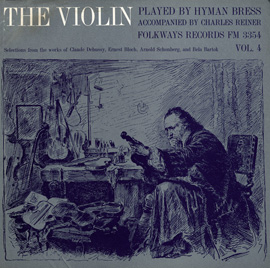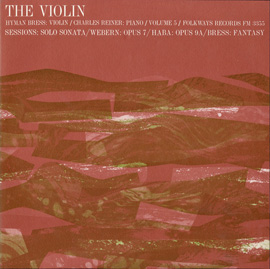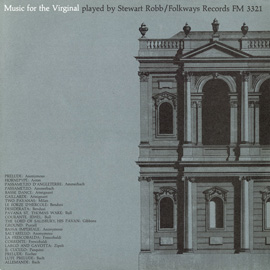The origins of Western Classical music can be traced back to the ancient Greeks, who laid down the foundation by establishing music notation and the basic concepts of music theory and terminology. While there is no all encompassing definition of classical music, since it embraces such a wide variety of styles and sounds, generally speaking it features written notation, is typically performed on instruments invented prior to the 19th century, and can require significant levels of technical mastery. Classical music can take many forms, including pieces ranging from just a few minutes to several hours in length, typically performed in formal settings by large orchestras, small groups, or soloists. The music has evolved through a variety of named “periods” which feature distinctive sounds and forms: Medieval (476-1400), Renaissance (1400-1600), Baroque (1600-1760), Classical (1760-1820), Romantic (1815-1910), Neo-Classical (1900-2000), and Contemporary Classical (1975-present). The Smithsonian Folkways collection includes many recordings of a variety of these styles - featured here are selections from the Baroque through Neo-Classical periods.


